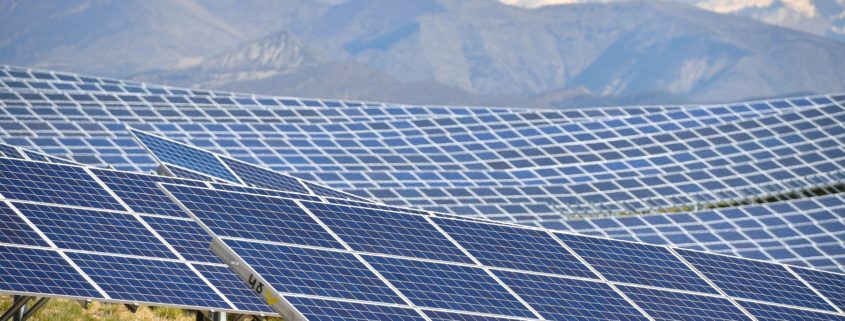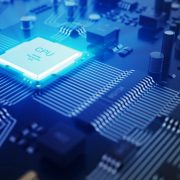How Do Solar Panels Work? A Beginners Guide to Solar
Did you know that the effectiveness of solar panels has to do with orientation and placement? There’s so much to learn about solar panels that many don’t know.
How do solar panels work, and are they worth it? It can be overwhelming to decide this, but it doesn’t have to be. Check out this beginner’s guide on solar panels and determine if it’s right for you today!
How Do Solar Panels Work?
They’re made out of photovoltaic cells that turn the sun’s energy into electricity. These cells are between materials such as silicon.
The cells energize when they’re hit by the sun. Electricity passes through an inverter and converts into an alternating current. Companies such as Blue Raven Solar offer solar panels.
Solar Photovoltaic Panels
Silicon cells can come in 2 formats, polycrystalline, and monocrystalline. Polycrystalline is when many individual shards of silicon are melted together.
If you’re looking to save, polycrystalline is less expensive. It’s not as efficient as monocrystalline, though.
Monocrystalline is 1 solid silicon crystal. They offer you more space for electrons to flow.
They give you a more efficient and smaller panel. Monocrystalline tends to be more expensive.
Inverters
Inverters come in 4 categories. They include intelligent hybrid, stand-alone, battery backup, and grid-tie inverters.
Intelligent-hybrid inverters allow you to use stand-alone, grid-tie, and backup applications. They can manage grid interaction, battery storage, and solar loads.
Battery backup inverters will deliver energy during a power outage. Grid-tie inverters shut down during power outages. They do match electrical currents from solar panels to utilities, though.
Stand-alone inverters use energy from batteries that are charged by solar panels. They don’t interact with the grid.
The Benefits of Solar Panels
One of the top benefits of solar panel installation is that you can go off the grid. You won’t have to connect to the main electric utility grid.
You’ll save each month and won’t have to pay large fees for installing electric utility poles. You also probably won’t have a large electric bill each month.
Installing solar panels is a renewable energy source. They also last for decades when you maintain them.
There are different types of solar panels to choose from. Some allow you to eliminate electric bills completely, and the benefits hit right away.
Net Metering
If you go with a grid-tied system, you’ll be able to sell surplus solar energy back to the utility company. This is known as net metering.
Sunny days are the most common time for this to occur. Utility companies will reward you for overproducing energy. You can then use these credits on days when the solar energy is lower.
Answering the Question, How Do Solar Panels Work?
After exploring this guide, you should be able to answer the question, how do solar panels work? Take your time deciding what the best type of solar panel is for your needs.
Would you like to read more informative content? Be sure to check out our other articles today!
















